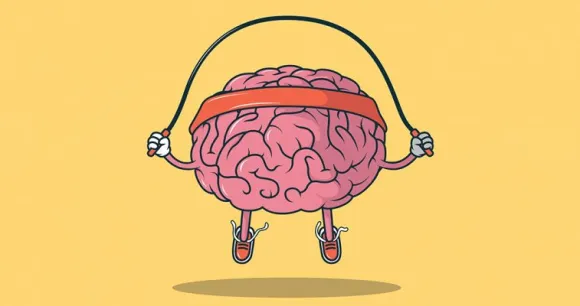Are You Bloated? Common Ways to Manage Symptoms
Bloating can be uncomfortable and frustrating, affecting many people in different ways. Understanding the causes and finding effective management strategies is essential for relief.
What is Bloating?
Bloating can refer to both a sensation and a physical change in the abdomen. According to Peter Whorwell, a professor of medicine and gastroenterology, bloating is a multifactorial issue, meaning various factors can contribute to the problem. For instance, stress can exacerbate the effects of certain foods, leading to bloating.
Types of Bloating
- Physical Change: Some individuals may notice their stomach visibly expanding. This can be related to the diaphragm’s accommodation reflex, which may not function properly in some people.
- Sensory Experience: Others may feel full or pressured without a noticeable change in shape. This can be due to an oversensitive gut, which sends signals to the brain indicating stretching.
- Normal Reaction: After eating, it’s common to feel bloated as the gut processes food. This is a normal response for many.
Common Ways to Manage Bloating
Here are some effective strategies for managing bloating:
1. Know What’s Normal
Many people, especially women, may experience a flat stomach in the morning that gradually expands throughout the day. If your bloating fluctuates, it’s typically not a cause for concern. However, if bloating is constant, it’s advisable to seek professional help, as it can be challenging to treat.
2. Relieve Constipation
Constipation is a common cause of bloating. If you’re experiencing constipation, addressing it can help reduce bloating. Ensure adequate hydration and include fruits and vegetables in your diet to promote regularity.
3. Examine Your Diet
Certain foods can produce gas and exacerbate bloating. Consider reducing:
- Carbonated drinks
- Gas-producing vegetables: Broccoli, Brussels sprouts, cabbage, cauliflower, and kale.
- High-fiber cereals: These can ferment in the gut and produce gas.
Try eliminating these foods for a week or two to see if it makes a difference.
4. Reduce Stress
Stress can worsen bloating. Techniques like mindfulness and meditation may help alleviate stress and its effects on your gut. Recognizing the link between your emotional state and physical symptoms can be beneficial.
5. Try Peppermint
Peppermint has been shown to relax the muscles in the gut, potentially alleviating bloating. It can help with muscle spasms that may accompany bloating.
Conclusion
Bloating can be a complex issue with various underlying causes. By understanding your symptoms and implementing these management strategies, you can take steps to alleviate discomfort. If bloating persists or worsens, consider consulting a healthcare professional for further evaluation and personalized advice.






